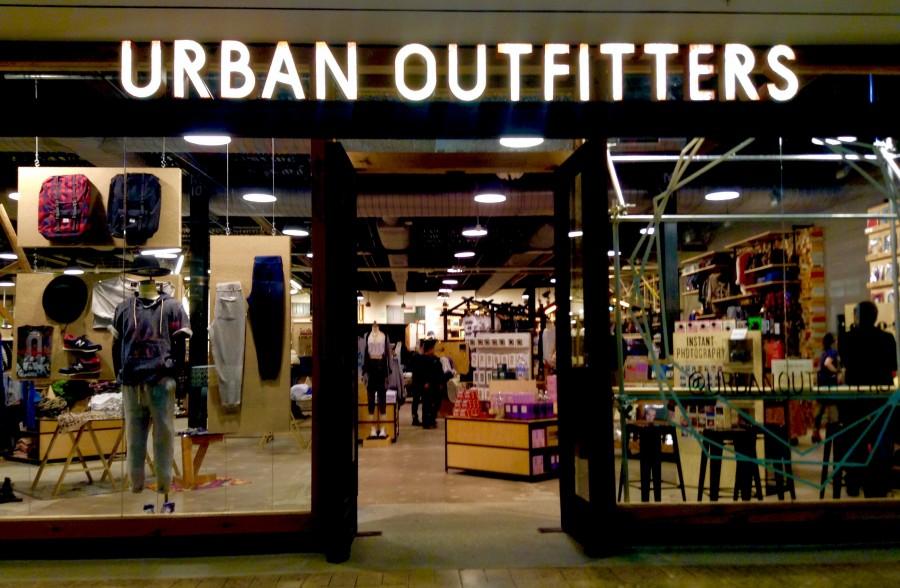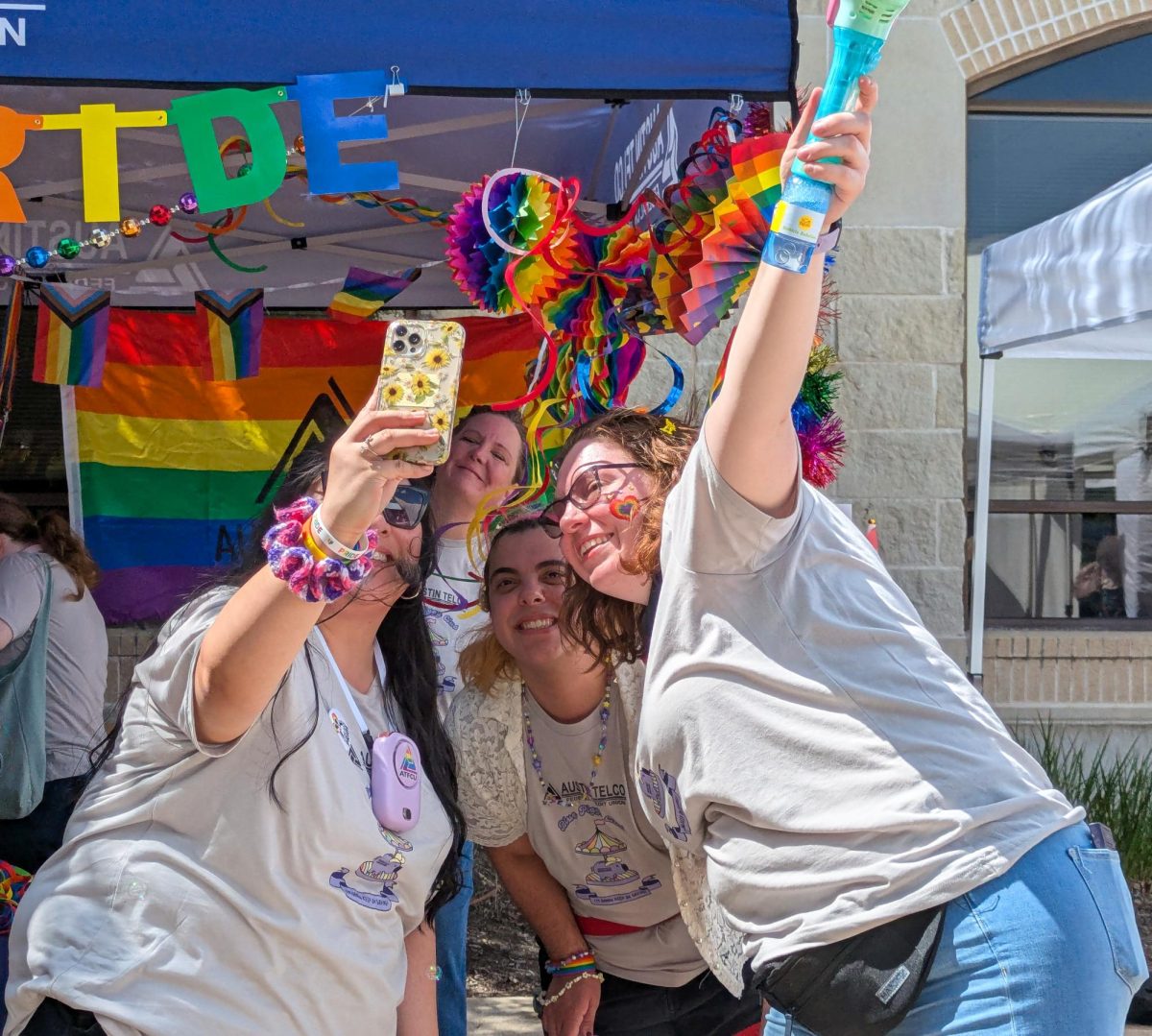In wake of several political activist movements, many companies have been called out and corrected on producing clothing deemed sexist, racist, or otherwise offensive.
Target released a wedding clothing line recently with shirts displaying words such as “Bride”, “Mrs.”, “Team Bride”, and “Trophy” written on them. The last shirt, however, has sparked backlash. Women everywhere claim the shirt portrays women as trophies and objects, giving in to sexist stereotypes.
“Losing outdated, ridiculous attitudes toward women could be helped,” a Facebook user said. “If everyone, Target included, chose to stop marketing to women as though they were objects.”
The Target shirt controversy isn’t the first of its kind though. Dozens of companies, especially big corporations, have marketed offensive clothing and gotten away with it. But that doesn’t mean people haven’t taken notice.
Forever 21, a company that has been accused of cultural appropriation repeatedly, released a shirt saying “Allergic To Algebra” has sparked complaints claiming that these types of messages discredit education for females. Petitions on Change.org have been gaining momentum for the shirt to be taken down like JCPenny has done in the past.
Unlike the previous clothing controversies, hipster-esque American Apparel has been criticized for their underage models posing inappropriately in pictures. In an effort to make ads less sexualized, CEO Paula Schneider isn’t following in the footsteps of the former CEO, Dov Charney, who was accused of sexual harassment multiple times.
“There’s a way to tell our story where it’s not offensive,” Schneider said. “It is an edgy brand. And it will continue to be an edgy brand.”
The biggest “controversy” so far has been Urban Outfitters. Urban Outfitters has sold Holocaust-evoking tapestries and shirts; Kent State sweatshirts with fake blood on it, which evoke the infamous Kent State shooting of 1970; using “Obama/Black” as a color, selling anorexia-provoking t-shirts, and coming out with a cultural appropriating clothing line called “Navajo”.
These blatant, offensive messages are no longer controversial when the disrespectful intent is clear. Although some companies have taken down items, controversial clothes are still being designed and produced. Instead of having the products taken down, companies need to make sure they never go up in the first place. Not only are the products not selling, they’re just flat-out offensive.








